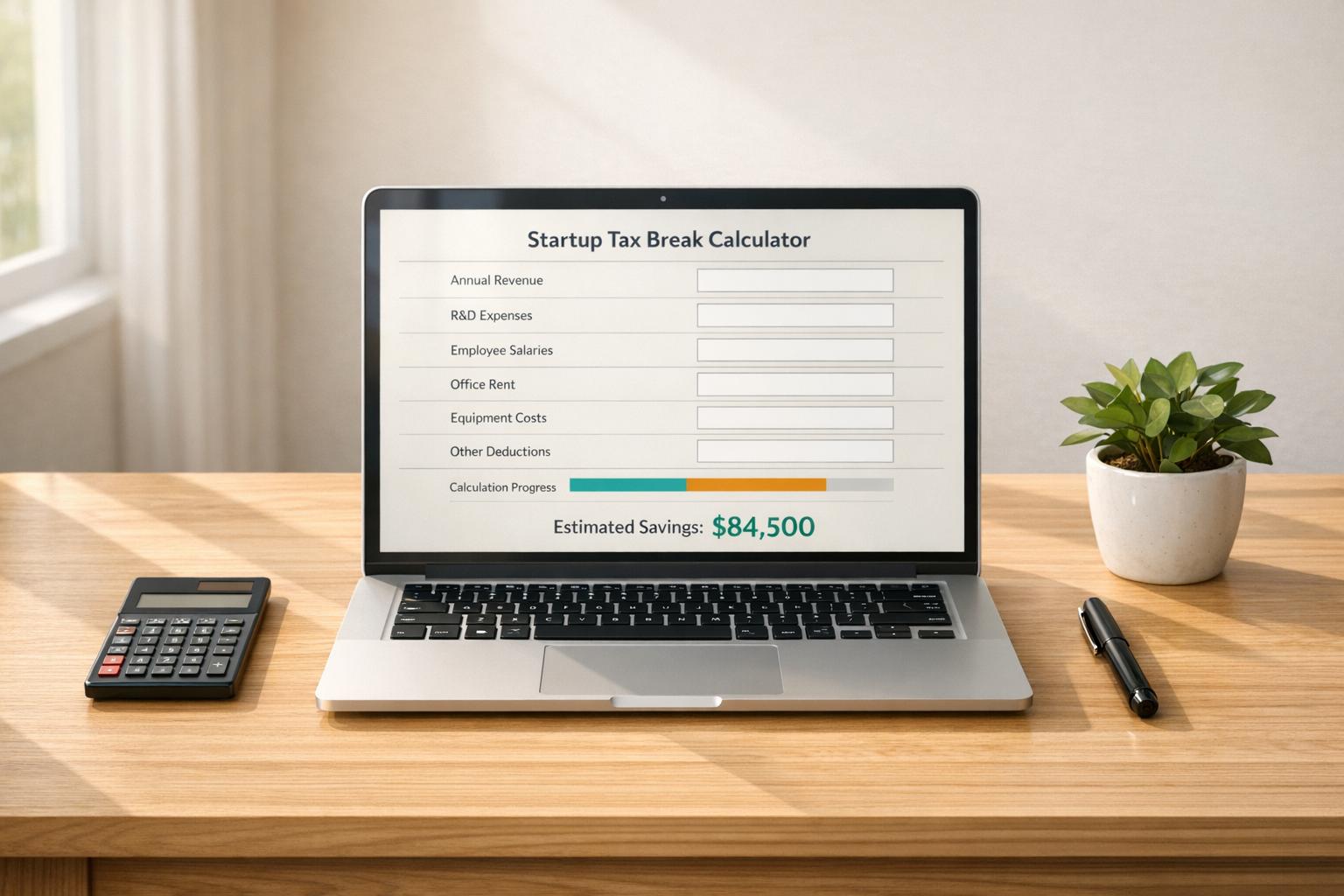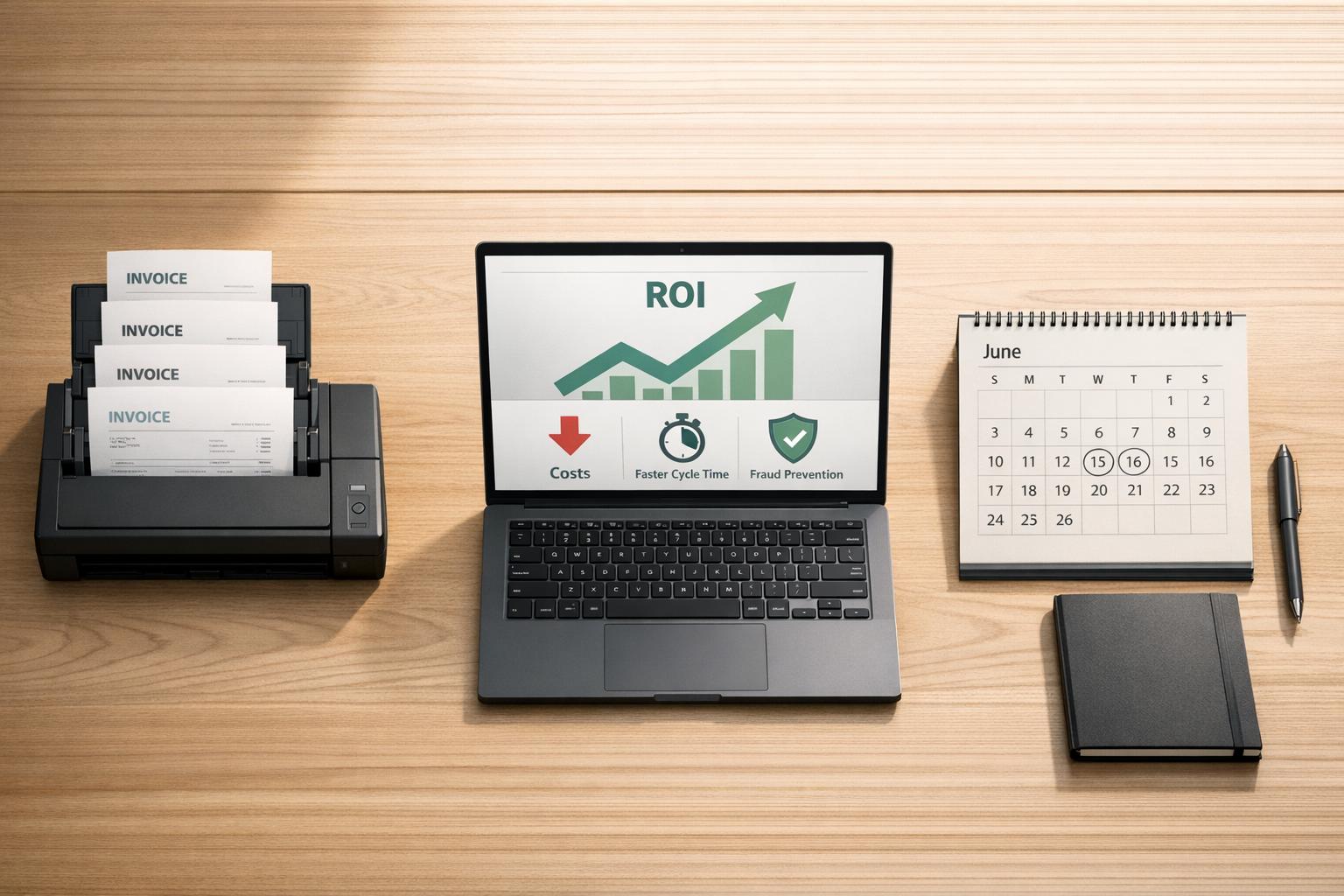Maximizing Your Return: A Comprehensive Guide to Selling Your Masonry Business

There are over 95,000 masonry businesses throughout the United States. According to IBIS World, this industry generated over $33 billion over the past five years. In addition, healthy growth is anticipated for the masonry industry in the coming years, making it an ideal time to consider selling a masonry business. If you are selling a masonry company, obtaining a business valuation is crucial. This process provides insights to help you secure a favorable income when selling your company.
The Purpose of a Masonry Business Valuation
A business valuation involves a thorough analysis of the company. This includes assessing financial reports, determining an effective valuation approach, identifying risks and opportunities, and calculating the fair market value of the business. This information can help business owners make strategic decisions when selling their company.
Masonry Business Valuation Reports
After an appraisal, business owners receive a valuation report. This report summarizes the company's fair market value, strengths, weaknesses, risks, and opportunities. This information is crucial for navigating the selling process and maximizing the value of the company before the transaction.
Understanding the Fair Market Value of a Masonry Business
Business appraisers use a variety of valuation methods when valuing a masonry business. Common approaches include the market approach and the income approach. The market approach uses valuation multiples to compare similar companies on the open market, helping analysts understand the fair market value. The income approach assesses the earning potential and risks of the business when calculating its value. Often, a combination of the market, income, and asset approaches is used.
Maximizing the Value of a Masonry Business
To maximize your return on investment, it is important to increase the value of your business before selling it. Understanding key value drivers is crucial. Value drivers are factors that influence the overall value and performance of a company. During a business valuation, experts conduct a value driver assessment. Common value drivers for masonry businesses include:
- Low Owner Dependency
- Recurring Revenue
- Quality Suppliers
- Custom Services
- Skilled Team
Identifying and improving these value drivers can help you maximize the value of your company.
Identifying Risks When Selling a Masonry Business
Valuation analysts also assess the risks of a business, which is useful whether you are buying or selling. Common risks in the masonry industry include:
- Regulatory Compliance: Understanding and complying with various laws and regulations.
- High Owner Dependency: Successful businesses are not overly reliant on their owners.
- Low-Profit Margins: High material, equipment, and transportation costs can impact profit margins.
- Intense Competition: The fragmented and competitive industry can make selling difficult.
- Quality Control: Providing quality services fosters a strong reputation and attracts buyers.
The risk assessment can help you make crucial adjustments before selling. Additionally, this information can be useful to buyers as they prepare for future obstacles.
Determining a Realistic Asking Price for a Masonry Business
Setting a fair listing price is important when selling your business. A high price can deter buyers, while a low price minimizes your return on investment. A business valuation helps determine a listing price that reflects the fair market value and promotes transparency between buyers and sellers.
Conclusion
When selling a masonry business, obtaining a business valuation is essential. This process equips you with the necessary information to navigate the selling process and maximize your return on investment.




